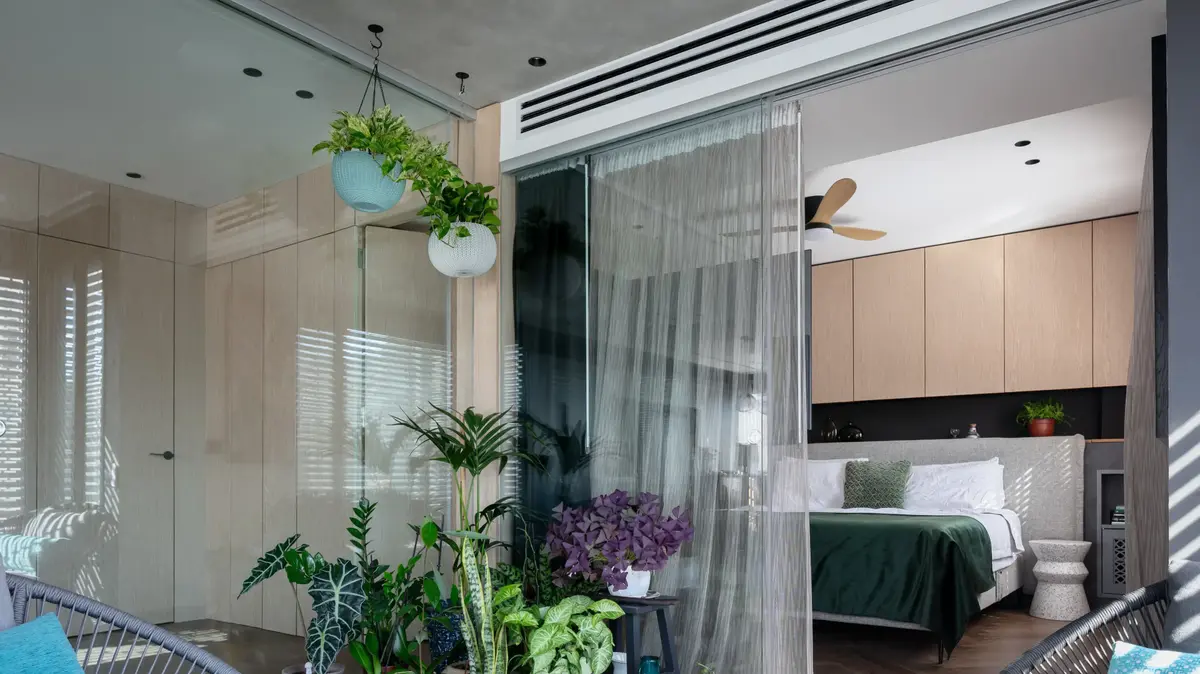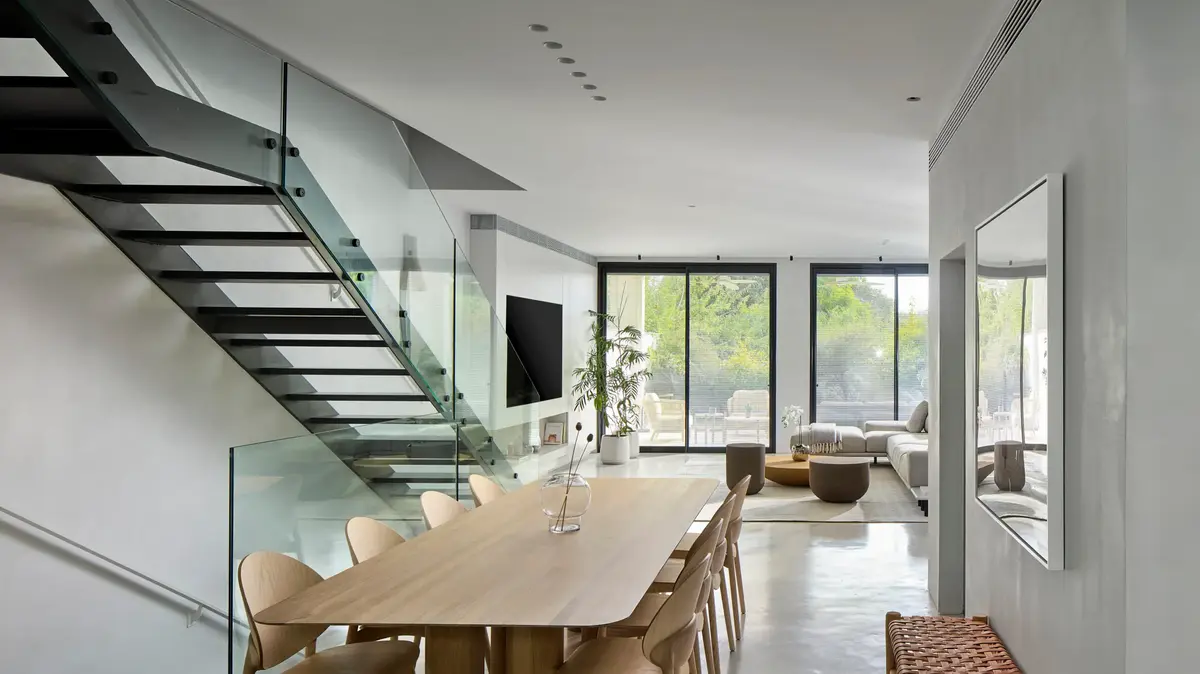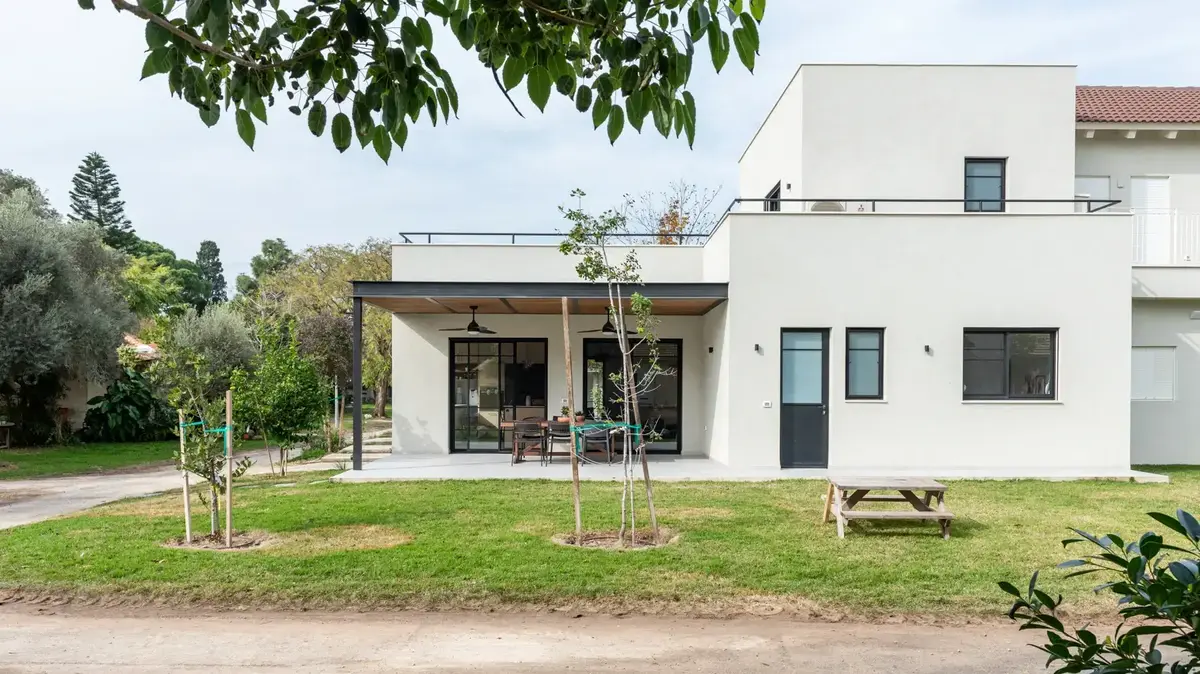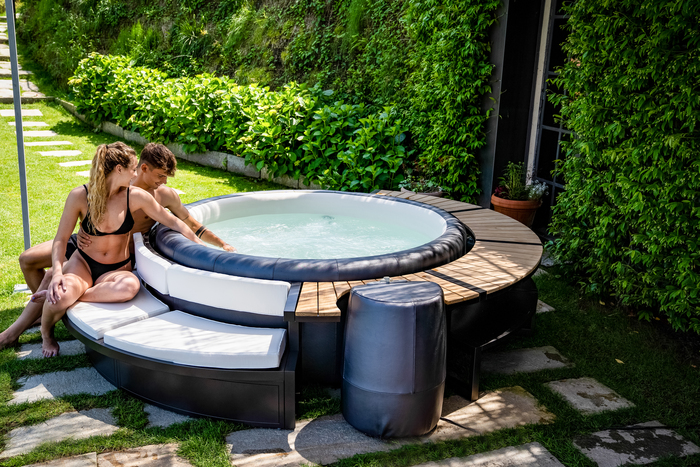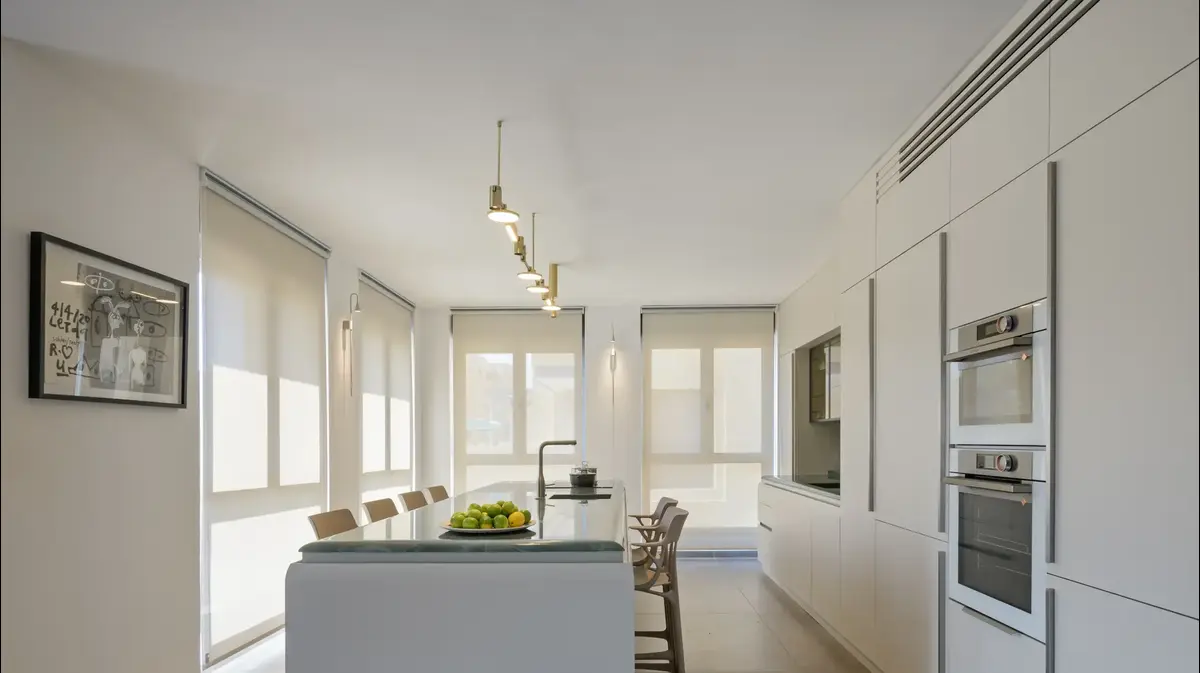Dreary-gray gravel gardens and unsightly property walls will no longer be possible in Fürstenfeldbruck in the future.
A design statute regulates how owners are allowed to green their properties and erect their fences.
Fürstenfeldbruck
- It has been three years since the BBV parliamentary group applied for statutes to regulate the fencing of properties.
The reason for this was that more and more fences and walls were built, which on the one hand did not fit into the environment and on the other hand were no longer permeable to small animals.
In mid-2019, the SPD followed suit with an application for regulations that should prevent pure stone and gravel gardens.
For sheer convenience - rock gardens require much less maintenance than green gardens - insects would be deprived of habitat and species extinction fueled, so the reasoning.
Both applications are now taken into account in a design statute for open spaces that the Planning and Building Committee (PBA) recently approved.
However, some of the regulations stipulated therein were controversial in the PBA.
Especially within the CSU parliamentary group, the city politicians were not always in agreement.
“As a citizen of Bruck, I feel that I have been bullied and patronized,” says Hans Schilling, for example.
One should think about whether one “really has to prescribe every booger”.
Christian Götz (BBV) did not see it that way: "The articles of association are not intended to be mandated and still allow the owner a lot of freedom in the design."
Better than the first version
Schilling's CSU colleague and parliamentary group spokesman, Andreas Lohde, described the draft, which was revised after an initial debate in autumn, as "significantly better than the first version" - although he also raised points of criticism. One of these was the stipulation that in future construction projects must have an open space design plan drawn up by a specialist planner. Lohde did not consider this to be absolutely necessary. According to Götz, however, this can be achieved without any problems, since any architect can create such a plan - including the architect who is planning the building project anyway. In addition, exceptions are always possible in justified cases.
Lohde believes that this will also be needed very quickly when greening the facades of commercial and industrial buildings - especially with wooden facades, as these are susceptible to damage from moisture.
Equally controversial was the requirement to green roofs with a flat pitch of up to ten degrees.
“It's really steep,” Lohde pointed out.
Statutes of other municipalities would set the limit at five degrees.
In the end, a compromise was agreed: eight degrees.
Obligation to have a green roof?
Alexa Zierl (ÖDP) pointed out that the obligation to green roof no longer applies if a solar or photovoltaic system is installed on the area instead.
"That promotes the construction of PV systems," said Zierl.
Zierl rejected Lohde's criticism that this would lead to cost increases for the builders, referring to the judgment of the Federal Constitutional Court, according to which the costs of climate protection should not be passed on to future generations.
Thomas Brückner (Greens) was happy that the statutes are now available.
"When I walk through the city, I get a horror," said the PBA member, referring to the design of some private open spaces.
Due to the declared climate emergency, one has to "do something in every corner to promote biodiversity and protect the urban climate".
In the end, the PBA passed the statutes with 10: 4 votes.
It should be reviewed after two years and adjusted if necessary.
In addition, regulations to avoid gravel gardens and the design of enclosures will also be included in future development plans, according to the resolution.
This is regulated by the new design statutes
The design statutes of the city of Fürstenfeldbruck will apply to new building applications in the future.
Among other things, it regulates the following points:
Areas that are not built over are to be greened and planted with trees and bushes, unless these areas are required for other permissible uses - including parking spaces and work or play areas.
The statutes also regulate which trees and bushes may be planted.
Large gravel gardens with gravel areas of more than ten square meters and artificial turf are not permitted.
Access roads and driveways are also to be kept to a minimum and, insofar as the use permits, provided with water-permeable surfaces.
Flat roofs and sloping roofs with a pitch of up to eight degrees on residential and commercial buildings from 20 square meters as well as garages and carports must be greened.
This does not apply if the areas are required for solar or photovoltaic systems.
Facades of commercial buildings are also to be greened, as are garage or carport walls that point to a public traffic area.
Enclosures must be open and have no wall-like effect and must not be higher than 1.40 meters.
In addition, every five meters there must be a distance of ten centimeters to the ground so that small animals have the opportunity to cross the enclosure.
An open space design plan from a specialist planner must be submitted together with the building application, in which the prescribed points of the statutes are verifiably presented.
Existing gardens are grandfathered.


